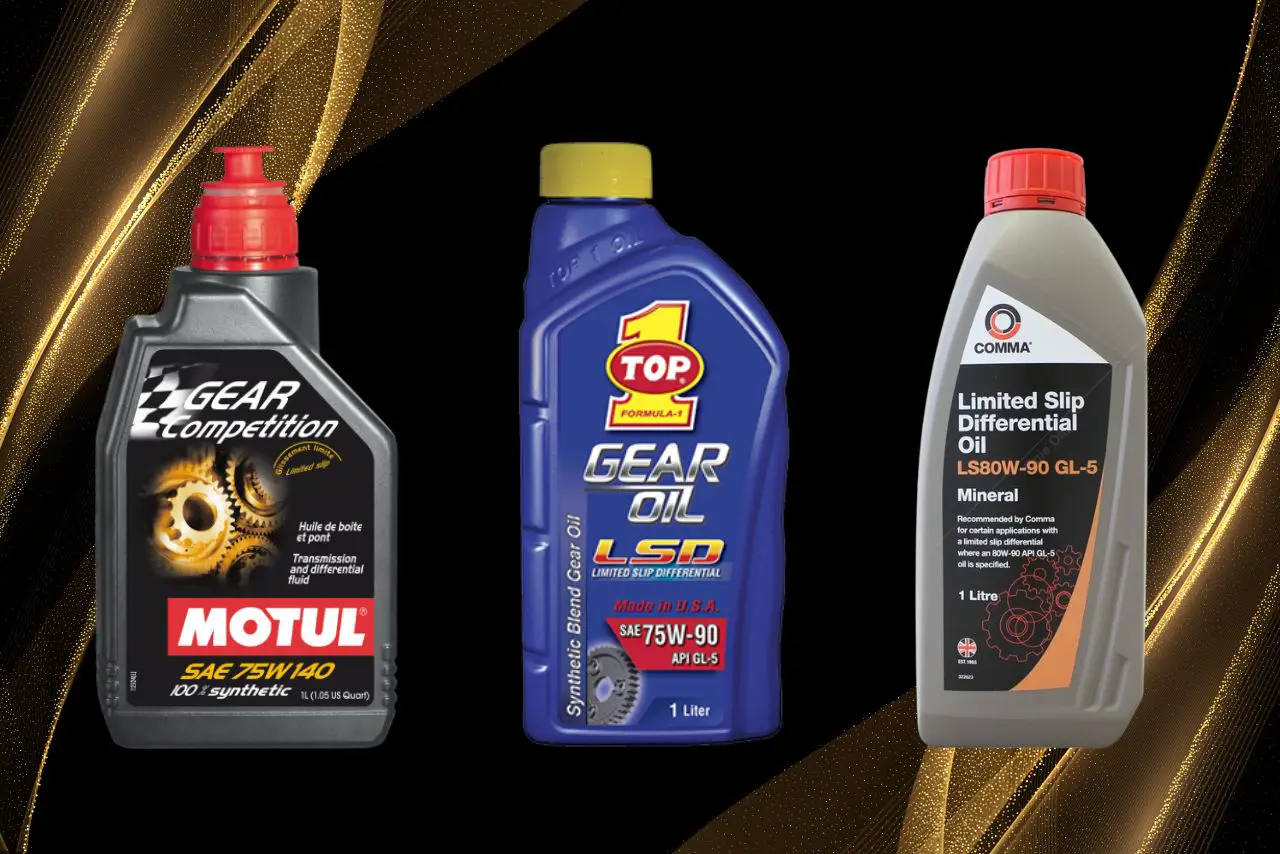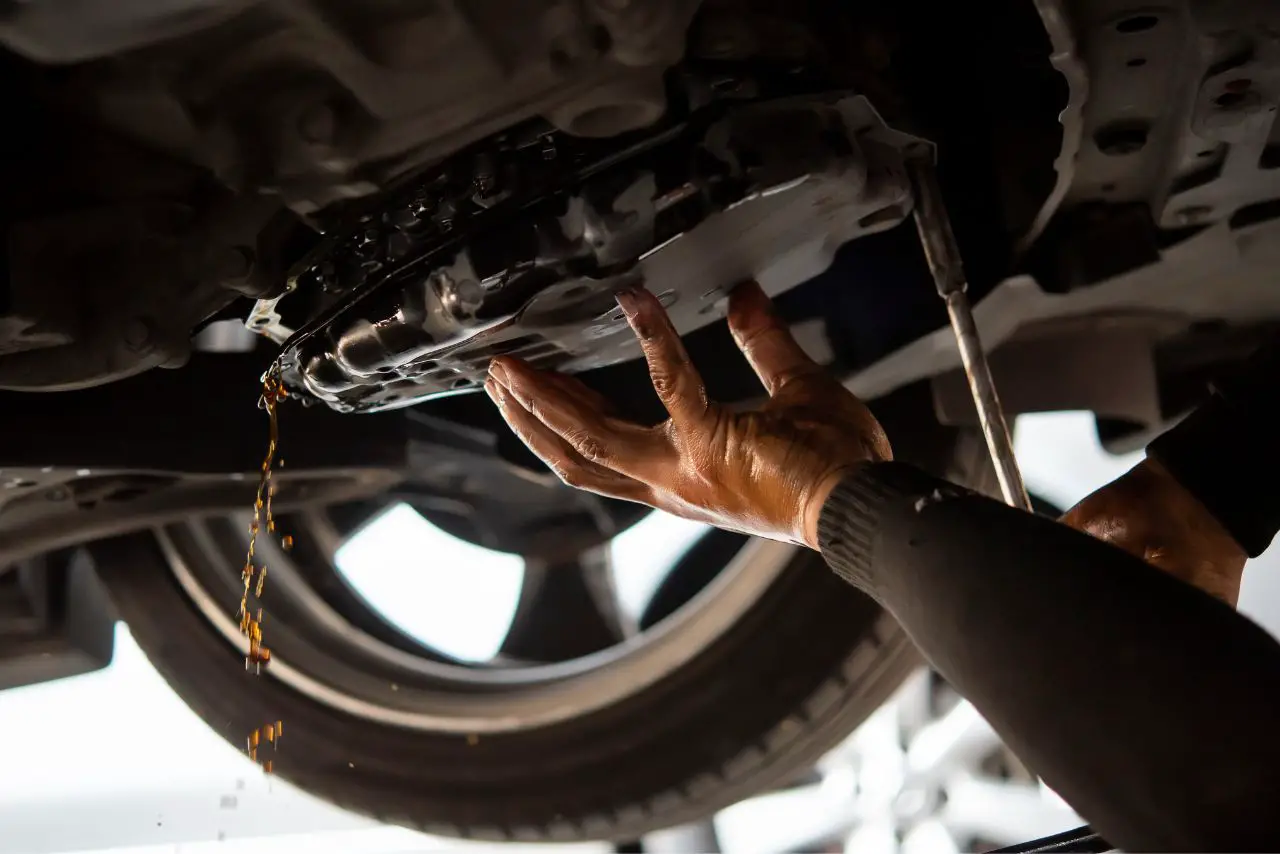Oil filters play a vital role in keeping your vehicle running smoothly. However, when an oil filter is loose, it can lead to serious problems with your engine.
With this article, we’ll explore what could happen if you neglect to properly secure an oil filter so that you can avoid these issues and keep your car healthy for as long as possible.
If the oil filter is loose, the oil pump will continue to push oil through the filter, even if it is loose. This can cause oil to leak out of the filter, which can damage the engine. Additionally, a loose oil filter can create a restriction that lowers the oil pressure in the engine. This can cause the engine to overheat and damage the bearings.
If an oil filter is loose, it can cause serious damage to the engine. Oil will leak out of the filter and decrease lubrication, leading to increased friction between metal parts.
This increases heat which in turn causes wear on components such as pistons, bearings and seals, resulting in a reduction in performance and potential engine failure.
Additionally, if oil enters the combustion chamber it can also lead to fouling spark plugs or worse – hydraulic lock where the piston gets stuck due to too much pressure inside a cylinder.
Table of contents
What Causes Loose Oil Filter?
Loose oil filters can cause a variety of issues if left unchecked, as they can allow oil to leak and enter the wrong parts of the engine.
| Problem | Description |
|---|---|
| Oil leaks | The oil pump will continue to push oil through the filter, even if it is loose. This can cause oil to leak out of the filter, which can damage the engine. |
| Low oil pressure | A loose oil filter can create a restriction that lowers the oil pressure in the engine. This can cause the engine to overheat and damage the bearings. |
| Engine damage | If the oil pressure gets too low, the engine can seize up and be damaged. This can be a very expensive repair. |
The Primary Cause of A Loose Oil Filter Is Improper Installation.
Oil filters need to be securely tightened with the correct amount of torque in order for them to properly function and remain secure in place.
If too little or too much torque is used during installation, it could lead to an ill-fitting filter that does not provide adequate protection against contaminants entering into the engine’s lubrication system.
Vibrations from Normal Driving Conditions:
In addition, over time vibrations from normal driving conditions may also loosen up an improperly installed filter even further due to long-term wear and tear on its threads.
As such, it’s important to check your vehicle’s oil filter regularly for any signs of looseness before any potential damage can occur due to leaks or contamination.
It’s best practice always replace old filters when applying new ones as well since this ensures proper fitment for maximum protection against contaminants entering your motor’s lubrication system.
Risk of Leaking Oil and Damage:

Leaking oil from an improperly secured oil filter can cause serious damage to a vehicle. The leaking oil may come into contact with hot engine components, which can create a fire hazard.
- Additionally, if the oil comes into contact with any electrical components of the engine or other systems in the car, it could lead to short circuits and further complications.
- Furthermore, as the leaked oil accumulates on surfaces within and around the engine bay, it becomes increasingly difficult for air to flow around vital components like spark plugs and cylinders – reducing overall efficiency in those areas.
- In some cases, spilling enough of this material onto roads can also be considered a major environmental risk; not only does it increase pollution levels but its slippery texture makes driving conditions hazardous until cleaned up by authorities.
- Additionally, running out of motor oil due to leakage could result in extensive wear on certain parts of your vehicle’s powertrain over time as several key lubrication points become neglected without fluid replenishment.
- Finally, depending on how long you’ve been operating your car with an insecure filter in place there’s potential for additional problems such as sludge build-up inside your motor or contaminated fuel system components that might require professional cleaning services at great expense before they will function correctly again.
Signs of a Loose Oil Filter:
A loose oil filter can be a sign of trouble for your car’s engine. If you suspect that your oil filter is not securely fastened, it’s important to address the issue right away.
There are several signs that an oil filter may be loose.
- One indication is leaks in or around the area where the oil filter is located. Oil leaking from underneath or down the side of an engine could be due to a loose oil filter which hasn’t been tightened correctly on installation.
- Another sign would be unusual noises coming from under the hood which could indicate something has come partially undone and needs re-tightening – this might include squeaking or rattling sounds when driving over bumps or uneven surfaces.
- Additionally, check your vehicle’s dipstick at regular intervals; if there looks like there’s less than normal amount of motor/engine-oil then it could also indicate that a leak has occurred due to an improperly secured oil fitler..
It’s best practice to regularly inspect all components under your bonnet and ensure they’re securely attached before taking any long journeys with your vehicle as a precautionary measure against roadside breakdowns caused by faulty parts such as a loose oil filter.
How to Tighten an Oil Filter?
Tightening an oil filter is a simple process that plays an important role in keeping your engine running properly.
A loose oil filter can lead to inefficient oil flow, which can harm your vehicle’s performance and cause permanent damage. Therefore, it’s important to check the tightness of the oil filter regularly and tighten it if necessary.
- The first step in tightening an oil filter is to locate it on the side of the engine block or nearby component.
- Once you have located it, use a wrench or socket depending on what type of fastener has been used for installation (e.g., hexagonal head screws).
- Make sure not to overtighten as this may cause damage to the sealant gasket between the filter and engine block or other components.
- Use moderate force until you feel some resistance when turning clockwise while holding down with your hand against any surface around where required for support.
- You will know when you have reached proper tightness once there is no more movement but still allowing rotation by hand without too much effort.
It’s always best practice to refer directly to manufacturer guidelines when tightening any part within your car’s engines as each car model may require different levels of torque for its various parts depending on materials used etc.
Additionally, when replacing filters make sure only genuine parts are purchased from authorized dealerships as using non-genuine parts could lead to further complications later down the road due potential incompatibilities with other components/systems within your vehicles system itself .
Can a Loose Oil Filter Damage an Engine?

Yes, a loose oil filter can damage an engine. If the seal around the oil filter is not secure, it will allow for unfiltered oil to flow through the system and into your engine.
This can cause particles of dirt and debris to enter into your vehicle’s sensitive mechanical parts, resulting in premature wear and tear.
Additionally, these particles can block important passages within your engine leading to decreased performance or even complete failure.
One way to prevent this type of damage is by regularly checking that all bolts connected with the oil filter are tight before you start driving.
It’s also recommended that you replace your old filters as soon as they become worn out or damaged; otherwise, debris may not be filtered properly from the oil entering into your motor.
Lastly, make sure that any time you change out an old filter for a new one you use only genuine OEM (Original Equipment Manufacturer) replacement parts so that proper fitting is ensured between pieces during installation.
Doing so will help protect both performance and longevity of your vehicle’s engine over its lifetime!
Is It Ok to Hand Tighten an Oil Filter?
Hand-tightening an oil filter is not recommended, as it can lead to serious damage and even engine failure. When the filter is over-tightened, excessive force on the gasket of the filter can cause it to deform or crack, leading to leaks in the system.
On the other hand, if it’s too loose there won’t be enough pressure on the gasket for a secure seal which will result in contaminated oil flowing through your engine.
The best way to ensure proper installation of an oil filter is with a torque wrench using manufacturer specifications.
If you don’t have one at hand then you can use two wrenches crossed together while making sure that they are securely locked together before applying any force. This will help prevent over tightening or cross threading which could lead to more complications down the road.
In summary, when replacing an oil filter make sure you use appropriate tools and technique so that it fits properly and provides adequate protection from contaminants entering your engine without causing any damage in the process.
Can a Loose Oil Filter Cause Overheating?
Yes, a loose oil filter can cause an engine to overheat. When the oil filter is not properly tightened, it allows hot air and pressure to escape from the system. This reduces the amount of coolant that flows through the engine, resulting in higher operating temperatures than normal.
The heat buildup can eventually lead to overheating and possible damage to other components in the engine compartment such as hoses and gaskets.
In addition, a loose oil filter can also create an increase in friction within the engine components due to lack of lubrication from inadequate amounts of motor oil passing through it into other parts of your car’s system.
Without proper lubrication between moving parts, this can result in increased wear-and-tear on various components which will further reduce your car’s performance capabilities and likely require costly repairs down the road.
Finally, a loose or leaking oil filter is not only dangerous for your vehicle but hazardous for you as well since motor oils contain harmful chemicals that could be released into your garage or driveway if they leak out onto them during maintenance or operation periods.
Why Is My New Oil Filter Leaking?
It is important to take the time to inspect your oil filter regularly. If it is found that an oil filter has become loose, this could be a sign of a bigger issue.
It could mean that there was not enough torque applied when the filter was installed or that gasket material between the oil filter and its mounting surface may have deteriorated over time.
One of the most common causes for an oil filter leaking is improper installation.
When changing your own oil, make sure you check and double-check to ensure all connections are tight, including any screws and clamps securing the new oil filter in place.
Additionally, make sure you’re using quality replacement filters as well as clean parts to help prevent leakage down the line.
Another cause for leaking can include a broken O-ring seal on either side of where metal threads meet up with rubber seals; these need to be intact in order for an effective seal between components when assembled correctly onto your engine block or other specified area per manufacturer guidelines.
Finally, if none of these potential problems are identified during inspection then it’s likely there may be a fault within internal workings such as worn seals leading to more serious issues requiring repair work by experienced mechanics or technicians
Why Is Oil Filter Came Loose While Driving?
Oil filters are essential components of any vehicle, as they keep the engine running smoothly and the oil clean. However, if an oil filter is loose while driving, it can cause a number of issues that can lead to costly repairs or even total breakdowns.
When an oil filter is not properly tightened onto its housing, it may become partially detached over time due to vibration from the engine and other moving parts in the vehicle.
This will cause gaps between the filter and its housing, allowing unfiltered particles to enter into the lubrication system where they can damage sensitive parts such as pistons and bearings.
Additionally, this could potentially allow dirt or debris to clog up vital passageways in other areas such as fuel injectors or turbochargers which could result in catastrophic failure of some major components.






Leave a Reply